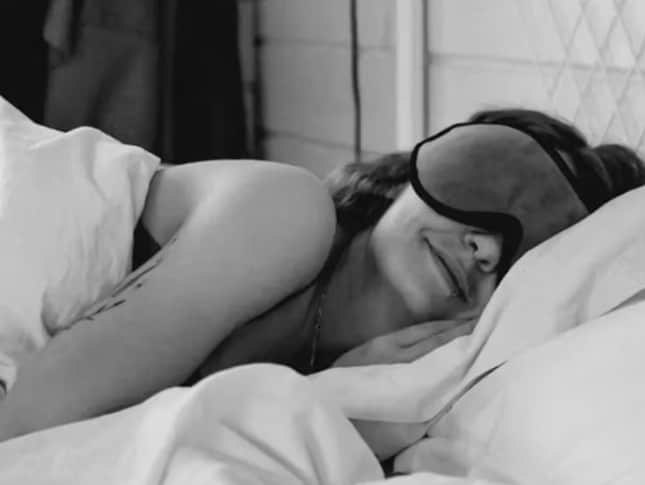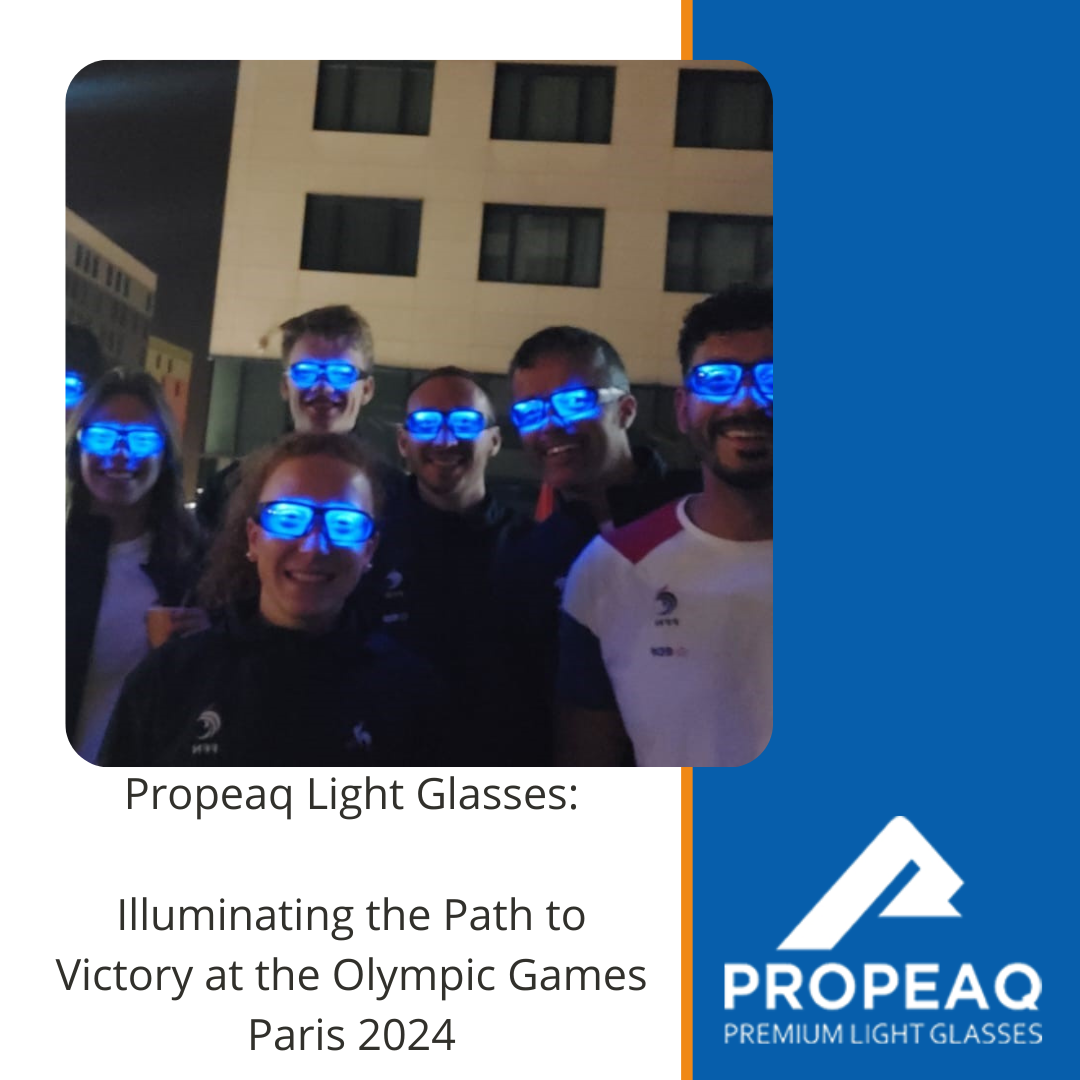Morning people are less likely to suffer from depression and anxiety than evening people, according to a large-scale study. Sleep expert Annelies Smolders is not surprised. “Your genes determine to a large extent whether you are a morning or evening type”. But luckily she has tips for night owls to ‘reprogram’ themselves.

The recipe for a successful life? Always get up at the crack of dawn. At least that is what some gurus and famous entrepreneurs, such as Mark Zuckerberg or Oprah Winfrey, claim. According to a study published in the scientific journal Molecular Psychiatry, it is indeed advisable to be an early riser.
Scientists at the University of Exeter studied the health data of more than 450,000 subjects. One of the findings: those who get up early apparently run a lower risk of depression and anxiety. “I have indeed heard that before”, says sleep expert Annelies Smolders – psychologist and author of ‘Start to Sleep’ – with a smile, “but this is a huge research group. Best punishment.”
“Until now, researchers have never been able to prove that night owls are more at risk for depression and mental problems. But the opposite worked: in the past, some studies seemed to indicate that morning people are less likely to have it,” Smolders explains.
And there is a logical explanation for that, she says. “Evening people don’t sleep until late. So they don’t go to bed until late. They have no choice, because otherwise they lie awake in their bedroom and there is a good chance that they will develop serious sleeping problems. The problem is that most evening people have to get up at 6 or 7 am for their children or their work. So every week they build up a sleep deficit. Suppose they nap an hour too little per night, they cumulatively skip a night of sleep in a whole week.”
The impact of that is immense. “People who often get too little sleep have deficiencies in all areas. Deep sleep, light sleep, dream sleep. This makes them more irritable and makes them feel less physically and mentally.” The link with psychological complaints is then quickly made.
DNA?
The million dollar question: can you do something about it? Not really. According to scientists at the University of Exeter, your genes largely determine whether you are a morning or evening type. And your DNA, well, you just can’t control that. “In general, morning and evening people are not very common. 14 percent of the population can describe themselves as such. The rest are neutral, they start yawning from 10 p.m. and get up around 6 to 7 a.m., but have no fixed, specific times when they are extremely tired or awake.” And then there are a few specials. Types that differ a little bit from early birds and evening people, but they are very rare
Light, coffee and teleworking
So you cannot change your type. Smolders does have some tips for night owls to prevent them from building up too much sleep deprivation. “It is tempting for them to get started in the evening. They still want to catch up on certain things that they left behind in the morning because they were too drowsy. But if they do, they also crawl later and later under the wool and become real night owls, which is even worse. So the message is to relax well in the evening.”
It is best to make their bedroom as dark as possible. “The darker the room, the better they sleep,” says Smolders. She also recommends not just using the smartphone’s alarm clock, but a special, annoying loud version. “Clocky is one of those. He starts screaming and jumps across the room. You have to get out of bed for that. (laughs) And that’s good, because snoozing is out of the question.”
Does such an alarm clock sound a bit too gruesome? “Then you have alarm clocks that work with a wake-up light. From half an hour before you have to get up, it gradually creates light. Just like a sunrise. Make good agreements about this with your bed partner. Is he or she not an evening person, or maybe even a morning person? Then such an alarm clock can be very hellish for that person. Then it is better to invest in light glasses. Light is the biggest enemy of our sleep hormone, so that helps enormously to shake off the sleep intoxication. Evening types are especially helped in winter. The darkness makes it impossible to wake them up, but by putting on light glasses for half an hour, the fog immediately clears up.”
“Another advantage of such light glasses: they ensure that your body produces certain waste products from early in the morning, which in turn ensures that evening types are sleepy earlier,” continues Smolders. “And a cup of coffee in the morning can also help.” (laugh)
Last but not least, Smolders recommends making telecommuting a habit, if possible. “Since corona, people have been working from home more, so they can get up a little later and feel better mentally and physically. So be sure to talk to your boss about whether it’s okay to stay away from the office from time to time. But don’t go to bed too late, because then your sleeping pattern will shift and you will have problems again.”
Source: www.goedgevoel.be












